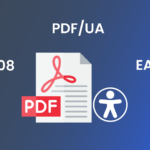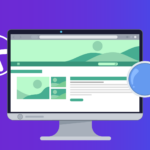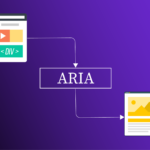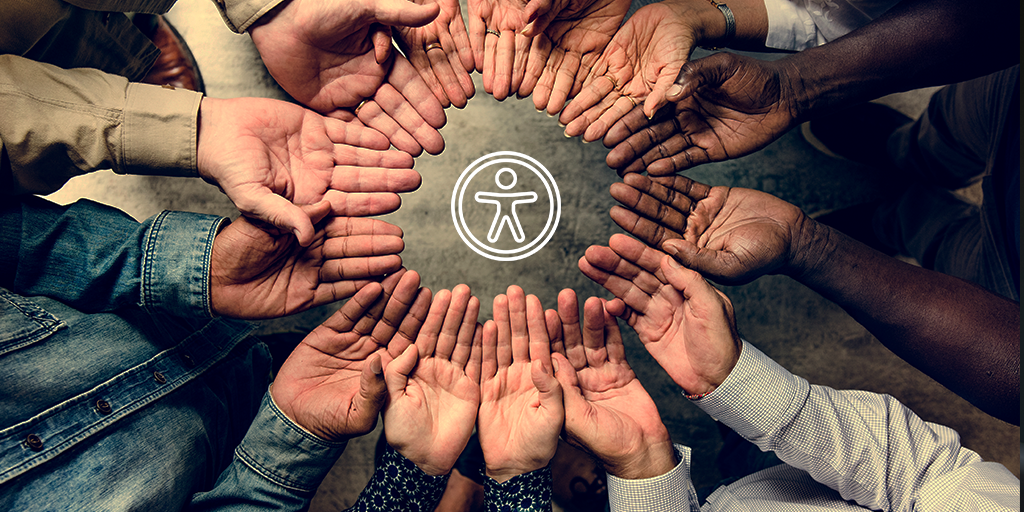The education landscape is undergoing a significant transformation, driven in part by the implementation of the European Accessibility Act (EAA) in June 2022. This legislation mandates specific accessibility standards for a wide range of digital products and services sold within the European Union (EU), with EdTech solutions firmly within its scope. By prioritizing EAA and EN 301549 compliance, EdTech and learning content providers companies have a unique opportunity to foster a more inclusive learning environment, ensuring equal access to educational resources for all learners.
Understanding the EAA and its Impact on EdTech
The EAA establishes a harmonized framework for accessibility across the EU, aiming to remove barriers for individuals with disabilities when accessing digital products and services (European Commission. This includes EdTech solutions like learning platforms, educational software, and online learning resources. By adhering to the EAA’s accessibility standards, EdTech companies can create inclusive learning experiences that cater to a diverse range of learners, including those with:
- Visual impairments (blindness, low vision)
- Auditory impairments (deafness, hearing loss)
- Cognitive impairments (learning disabilities, ADHD)
- Mobility impairments (difficulty using a keyboard or mouse)
The compliance deadline, which comes into effect on June 28th, 2025, is one more reason for the EdTech industry to act. Compliance with the EAA presents several key benefits for EdTech companies:
Impact on EdTech and Learning Content Providers
The EAA’s and EN 301549 focus on accessibility has a big impact on EdTech and learning content providers. It’s a massive task to make all educational content accessible, and it’s not just about converting text. Images, videos, and interactive elements also need to be accessible to people with different impairments.
For example, text needs to be readable by screen readers for visually impaired users. Videos should have subtitles or transcripts for those with hearing impairments. And interactive elements should be usable with keyboard commands for people with mobility impairments. This requires a deep understanding of both the technical side of accessibility and the diverse needs of learners.
On top of that, companies that provide content for schools through a platform are also considered part of the EdTech industry. These companies need to make sure their platforms meet the EAA standards, creating an inclusive and accessible learning environment for all students.
Given the complexity of this task, it’s crucial for EdTech companies and learning content providers to find the right accessibility service provider to partner with. A company like Documenta11y, which specializes in digital accessibility, can guide them through the process of becoming EAA compliant. They can identify any accessibility gaps, offer solutions to address them, and ensure that all content is accessible to every learner. This way, they can contribute to a more inclusive educational landscape. By making accessibility a priority, these companies not only fulfill EAA and EN 301549 requirements, but also improve the learning experience for all users, promote inclusivity, and expand their reach in the market. It’s a win-win situation for everyone involved.
Future-Proofing Content Accessibility
Partnering with an accessibility service provider like Documenta11y is not just about making existing content accessible. It’s also about ensuring that all future content is ‘born accessible’. This means that every piece of content created from now on will be designed and developed with accessibility in mind right from the start.
This ‘born accessible’ approach has a several advantages:
- Efficiency: It’s generally easier and more cost-effective to create accessible content from the get-go rather than trying to retrofit accessibility into existing content later.
- Compliance Ready: All new content will be EAA compliant right from the beginning, so you won’t need to scramble at the last minute or spend a fortune to meet compliance deadlines.
- Inclusivity by Default: By adopting this approach, inclusivity becomes a standard part of the content creation process. It shows a commitment to providing equal access to educational resources for all learners.
By making sure that all future content is born accessible, EdTech companies and learning content providers can stay ahead of the game. They won’t just meet current accessibility standards, but also future ones, creating a truly inclusive learning environment. This proactive approach to accessibility positions these companies as leaders in the EdTech industry, demonstrating a strong commitment to inclusivity and equal access to education.
A Future of Inclusive Learning
The EAA represents more than just a legislative requirement; it is a catalyst for positive change within the European EdTech sector. By prioritizing accessibility, EdTech companies can shape a future where educational resources are readily available to all learners, regardless of ability. Documenta11y serves as a powerful tool in this journey, empowering EdTech businesses to become fully compliant with the EAA.

 5 Key Things to Look for When Choosing a PDF Accessibility Partner
5 Key Things to Look for When Choosing a PDF Accessibility Partner How Semantic Structure and Regions Improve Digital Accessibility
How Semantic Structure and Regions Improve Digital Accessibility Less ARIA, More Accessibility: Documenta11y's Guide to Cleaner Web Content
Less ARIA, More Accessibility: Documenta11y's Guide to Cleaner Web Content

